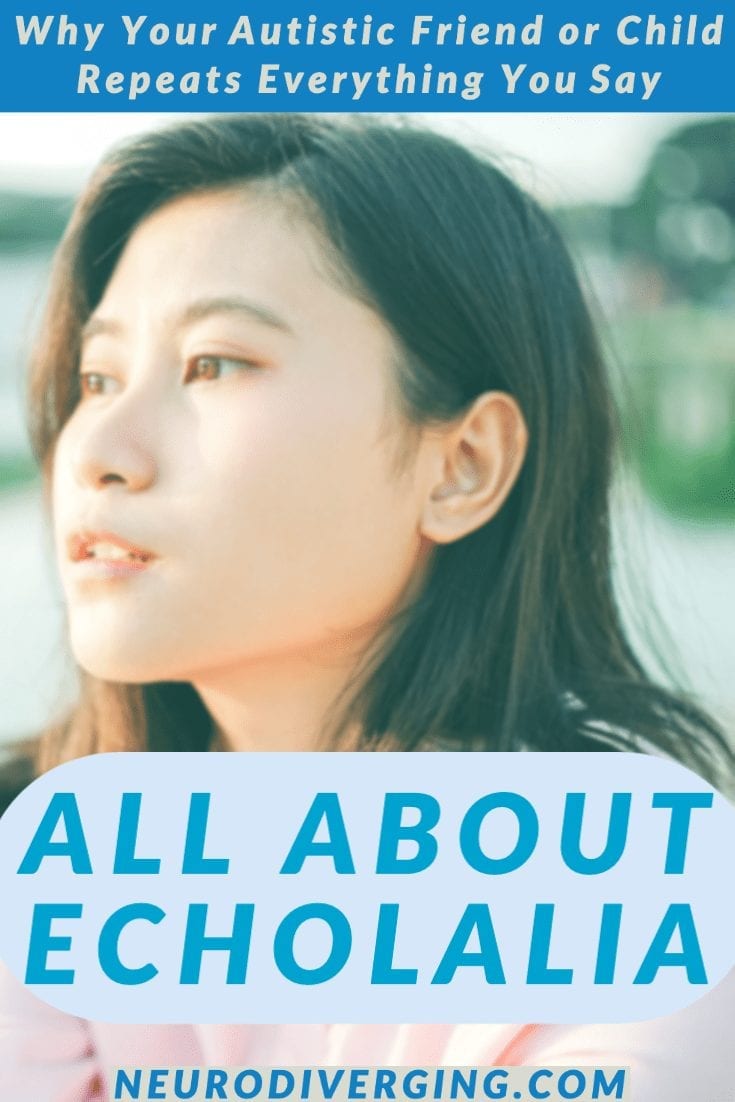Autism and menopause is an underrepresented area of focus. For autistic women and people assigned female at birth, major hormonal transitions can present unique challenges that are often overlooked in healthcare settings. While research on autism has expanded in recent years, there remains a significant gap in our understanding of how developmental conditions interact with reproductive milestones like menopause. As a neuro-affirming coaching practice, we believe everyone deserves support that honors their unique neurological makeup. Let’s explore what we know about autism and menopause, and how these experiences may intersect.
Contents
The Research Gap
For decades, autism research has primarily focused on males, creating what researchers call a “paucity of information on common events in the lives of women.” This imbalance stems from the historically inaccurate view of autism as predominantly affecting males.
As researchers Rachel Moseley, Tanya Druce, and Julie Turner-Cobb aptly put it, autism research is often “all about the blokes and the kids,” leaving autistic women’s experiences—particularly around menopause—largely unexplored.
How Menopause Affects Autistic Individuals
Recent studies suggest that autistic individuals may experience menopause differently than their neurotypical peers.
Amplified Symptoms
Many autistic individuals report that menopause significantly intensifies their autistic experiences across multiple domains. Sensory sensitivities often become notably heightened, with one participant in Moseley’s research stating: “My autism feels heightened now. I’m much more aware of my sensory issues, for example, and more prone to meltdowns.” Meanwhile, executive functioning challenges frequently increase, with many describing a persistent state of “brain fog” accompanied by “crushing tiredness and executive function of a 12-year-old.” This period also impacts social capacity, with many reporting a decreased ability to mask autistic traits and a lower tolerance for social interaction, alongside more intense emotional responses and meltdowns.
Physical Symptoms
While all women experience physiological changes during menopause, research indicates that autistic individuals report higher levels of psychological menopausal complaints (such as depression and anxiety) and somatic complaints (including hot flashes, sleep issues, and physical discomfort). Interestingly, a 2022 study by Groenman and colleagues found no significant difference in urogenital symptoms between autistic and non-autistic individuals, suggesting that some aspects of menopause may be similarly experienced regardless of neurotype.
The Path to Diagnosis
Perhaps one of the most striking findings is how menopause can lead to autism identification. For some women, the increased intensity of autistic traits during menopause can lead to a first-time autism diagnosis in midlife.
As one researcher noted, “menopause exacerbated existing cognitive, social, emotional and sensory difficulties, so much so that in some cases, it led to their autism diagnosis.”
This suggests that some autistic individuals may have been able to mask or compensate for their traits until the hormonal shifts of menopause made this more difficult—revealing their authentic neurological experiences more clearly.
Intersectional Perspectives
It’s important to acknowledge that menopausal experiences can be further shaped by intersecting identities:
- Racial and cultural factors can significantly impact menopausal experiences. Research shows that Black women often experience more severe hot flashes and for longer durations than white women, yet receive less medical support.
- Socioeconomic factors affect access to specialized healthcare. For autistic individuals who may already face barriers to appropriate care, financial constraints can further limit access to knowledgeable providers and effective treatments.
- Gender identity diversifies the experience, as transgender and non-binary individuals who menstruate may face additional challenges navigating these biological processes within healthcare systems that often fail to recognize their identities.
These intersections remain severely understudied, particularly in relation to neurodivergent experiences of menopause.
Supporting Yourself Through Menopause
If you’re an autistic person navigating menopause, consider these strategies:
- Document your experiences. Tracking your symptoms can help identify patterns and provide valuable information when seeking support.
- Find neurodiversity-affirming healthcare. Look for providers who understand both autism and menopause, and who respect your experiences and self-knowledge.
- Adjust your sensory environment. If sensitivities are heightened, you may need to adapt your surroundings accordingly.
- Practice self-compassion. Recognize that increased difficulties with executive function, emotional regulation, or social interaction aren’t personal failings—they’re valid responses to significant hormonal changes.
- Connect with peers. Sharing experiences with other autistic people going through menopause can provide validation and practical strategies.

Supporting Loved Ones
If you’re supporting an autistic person through menopause:
- Believe their experiences. The intersection of autism and menopause is real, even if not widely recognized by healthcare providers.
- Help advocate for appropriate care. Medical settings can be particularly challenging for autistic people, especially when discussing intimate health topics.
- Accommodate changing needs. Sensory sensitivities, social capacity, and executive functioning may fluctuate more during this time.
- Learn and listen. Educate yourself about both autism and menopause, and let the person’s own experiences guide your support.
Looking Forward
The good news is that researchers are beginning to recognize this critical gap in understanding. Projects like “Bridging the Silos” are bringing together autistic people and researchers to better document and address the needs of autistic people experiencing menopause.
As we continue building knowledge in this area, what remains most important is listening to and validating the lived experiences of autistic people navigating this significant life transition.
Remember that every autistic person’s experience of menopause will be unique. There is no one-size-fits-all approach, but with greater awareness and appropriate support, this transition can be navigated with dignity and understanding.
This blog post is based on current research, but we acknowledge that studies in this area are limited. If you’re experiencing menopause as an autistic person, your lived experience is valid even if it differs from what’s described here. We’d love to hear from you about your journey.
Neurodiverging also has coaches ready to support you if you are navigating menopause. Get in touch for a discovery calland let’s see if we’re a good fit for each other!
Not ready to commit to a one-to-one coach? Join our Patreon community to get peer support instead!


 Sophia K
Sophia K


